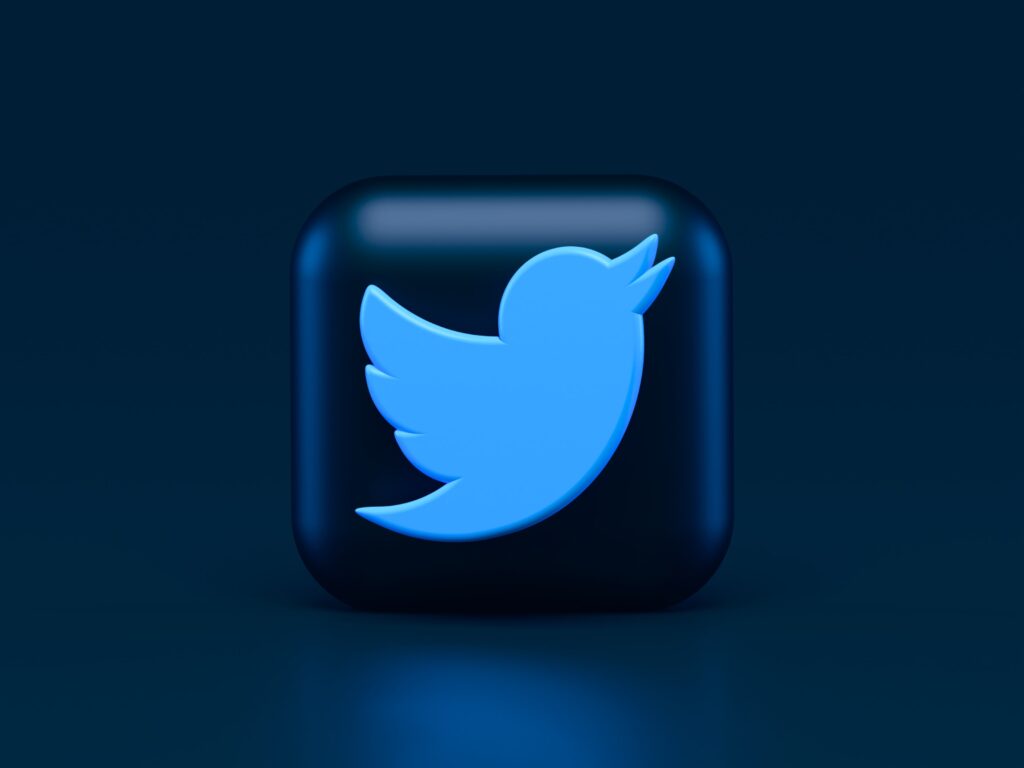Today, more than ever, our lives are online. We rely entirely on technology, such as our mobile phones and laptops, for our daily needs. When you fly through an airport, take a bus, read your e-mails, talk to your parents, see your doctor, look for open restaurants, and even track your fitness routine, we rely on our connected devices. These devices are not only connected to the internet and constantly give us the latest information, but also connected to us. Increasingly our personal data is being used to curate a digital twin of ourselves. This can be extremely helpful. For example, when you open google maps and cannot remember the last tram stop or cafe you went to, it will try and remind you of your recent visits.
Also, accounts such as google or android can remember your passwords, making it extremely easy to log in to those millions of accounts that drive you crazy. Shopping ads can recommend the products you love, and fitness apps can track your every move and step for you to reach your goals. Further, social media can use our photos and videos to tag specific locations, and platforms such as Facebook are so big that they can now literally do almost all of the above. Overall, technology and social media have vastly benefited our lives; however, there is a more sinister side that we may not take seriously enough.
It’s time to take it seriously
Everyone connected to the internet is a target of hackers. Sorry, we don’t make these rules. Here are some facts. Globally, 30,000 websites are hacked daily. 64% of companies worldwide have experienced at least one form of a cyber-attack in 2022. In 2021 there were 22 billion breached private records. Cyber-attacks have increased by 92.7% in one year, and e-mail accounts for 94 of all malware.
An average of around 24,000 malicious mobile apps are blocked daily on the internet. Now, on to social media. Social media hacks and account takeovers are becoming increasingly common. Google has reported that 20% of its users have reported a cyber-attack on their profile. Norton security back this up by emphasizing that one in every six users has reported having their accounts hacked. However, a new in-depth study by the University of Phoenix says that in the United States, two-thirds of adults have hacked their accounts. Therefore, it is clear that this is a problem; looking at the numbers, it is a huge one.

What can you do to protect yourself?
Organizations must do everything they can to protect users against cyber-attacks. However, at the end of the day, it is really about how educated the individual is and what actions they take to protect themselves. According to Victoria University in Melbourne, these are the five most important steps you as an individual should take to protect yourself and your devices from attacks.
- Check if you have already been involved in a data breach. You can check this by going to: haveibeenpwned.com and changing the passwords for any accounts it suggests may have been compromised.
- Check the strength of your passwords. Test the strength of your passwords at howsecureismypassword.net (use something similar to your original password to test its strength). When choosing a password, remember: the longer it is, the stronger it is. A strong password is at least 12 characters long and hard to guess.
- Avoid these passwords:
- 123456 (or any chronologically-ordered numbers)
- 987654321
- 123123
- QWERTY
- 111111
- password
- Trust no one on emails. It may sound a bit extreme – but always be on the lookout for deceitful emails and compromised web pages (spam and phishing). Interacting with these puts your information at risk, and you can download viruses. Remember:
- Don’t open an email from unknown email addresses
- Trash attachments in unexpected emails
- Avoid risky clicks – instead, type the address into your browser.
- Secure your device. Secure your devices by:
- Installing anti-virus software
- Setting a password, gesture, or fingerprint that must be entered to unlock
- Setting the device to require a password before applications are installed
- Leaving Bluetooth hidden when not in use and disabling automatic connection to networks
- Enabling remote locking and/or wiping functions, if your



